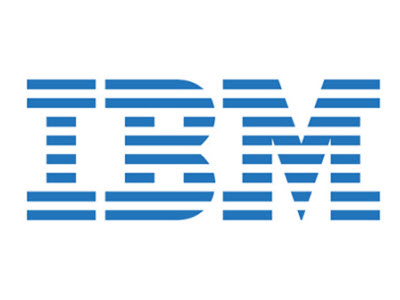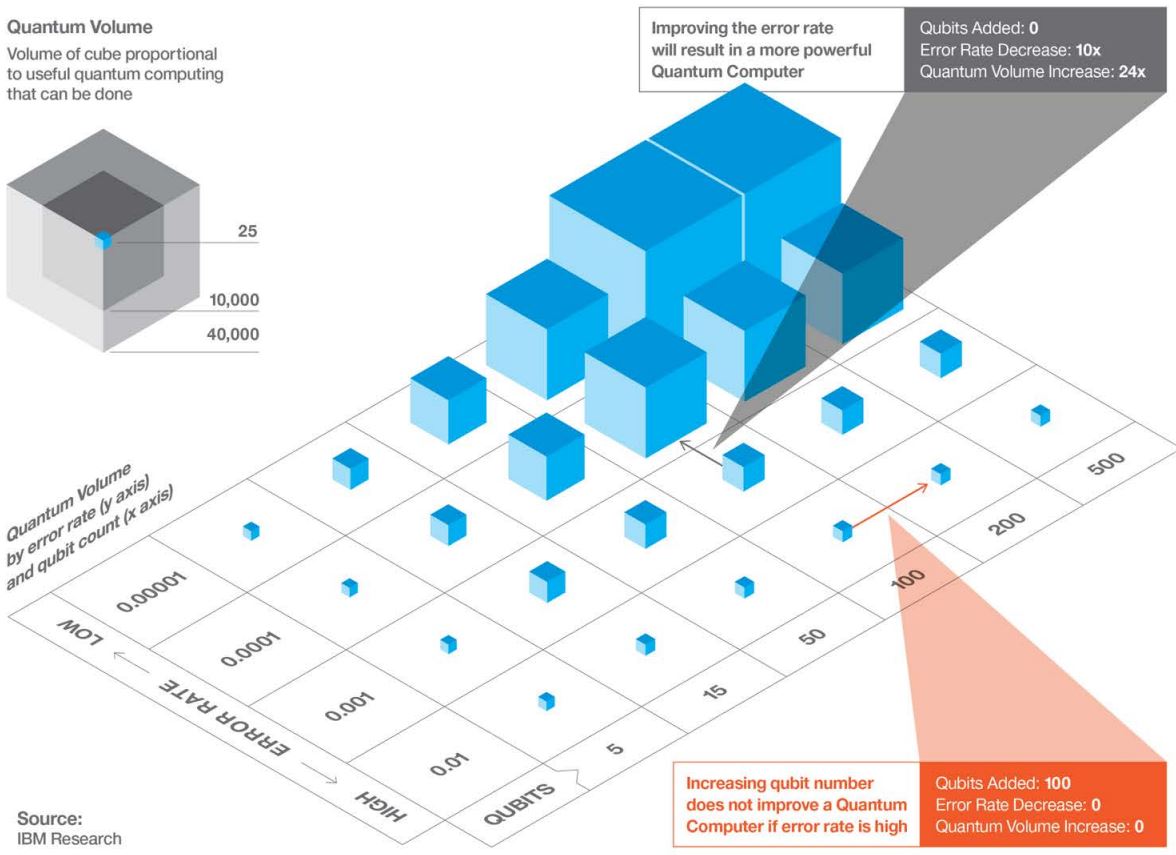IBM Inches Closer To Quantum Supremacy With 16- And 17-Qubit Quantum Computers
IBM announced that it has built two new quantum computers, which number 16 and 17 qubits, respectively. The 16-qubit computer will be available to developers and researchers at no cost through the IBM Cloud service. The 17-qubit quantum computer will be sold as a prototype commercial product to other companies.
A qubit is the basic unit of information in a quantum computer, as well as the quantum equivalent of a "bit" in the conventional computing world. However, instead of having a value of either 0 or 1, it can have 0, 1, or both values at the same time. This is called "superposition," and it's a fundamental property of quantum computing.
Towards Quantum Supremacy
IBM and Google believe that “quantum supremacy,” or the moment when quantum computers will solve at least some problems faster than the fastest supercomputers on Earth, will be achieved when we can build a quantum computer with around 50 qubits. Both companies plan to have such a computer ready in the next few years.
So far most universal quantum computers have been stuck at five or fewer qubits, with Google being one of the few to break apart with its nine-qubit quantum computer. Google’s computer was also able to demonstrate one of the first practical applications of universal quantum computers by accurately simulating a hydrogen H2 molecule.
Although we don’t know yet if Google has further upgraded its quantum computer since it last talked about the nine-qubit one, IBM seems to have one-upped Google this time with 16- and 17-qubit quantum computers.
IBM’s New Quantum Computers
The 16-qubit quantum computer will allow more complex experimentation than its previous five-qubit system, according to IBM. It will be freely accessible to developers, programmers, and researchers who want to run quantum algorithms, work with individual qubits, or explore tutorials and simulations. Beta access is available through the IBM Quantum Experience program, and a new software development kit (SDK) is available on GitHub.
The 17-qubit quantum computer leverages significant improvements in materials, device, and architecture to make it IBM’s most powerful universal quantum computer. The chip is still a prototype but it will be offered for sale to interested businesses looking to do a quantum leap (get it?) over their competitors.
Get Tom's Hardware's best news and in-depth reviews, straight to your inbox.
"The significant engineering improvements announced today will allow IBM to scale future processors to include 50 or more qubits, and demonstrate computational capabilities beyond today’s classical computing systems,” said Arvind Krishna, senior vice president and director of IBM Research and Hybrid Cloud. “These powerful upgrades to our quantum systems, delivered via the IBM Cloud, allow us to imagine new applications and new frontiers for discovery that are virtually unattainable using classical computers alone,” he added.
Quantum Volume
Although IBM seems to already be ahead of everyone else when it comes to the number of quits in universal quantum computers--with the exception of D-Wave’s 2,000 qubit system, which is not a universal quantum computer--it noted that the number of qubits isn’t the most important factor, or, rather, not the only factor that matters.
Due to the fragile nature of quantum information, the quality of the qubits, how they talk to each other, and minimizing quantum errors are even more important when it comes to increasing the computational power of a quantum system.
This is why IBM has adopted a new metric, which it calls “quantum volume,” to measure the computational power of quantum computers. According to the company, the quantum volume metric accounts for the number and quality of qubits, circuit connectivity, and error rates of operations. IBM also noted that its 17-qubit prototype offers a significant improvement in quantum volume over previous quantum computers.
Over the next few years, IBM plans to increase the quantum volume of its qubits even more aggressively by improving all aspects of its quantum processors, including increasing their qubit number to 50 or more.
Lucian Armasu is a Contributing Writer for Tom's Hardware US. He covers software news and the issues surrounding privacy and security.
-
AgentLozen It's very exciting to hear about quantum computer development. There's a certain level of anxiety I feel when I think about how much of an impact this will have on the world when it's finished. Our understanding about medicine, biology, and physics could be dramatically different in 25 years.Reply
I wonder if people felt this way in the 1960's as modern computers were evolving to become more and more practical. No one really knew the impact they would have on the world. Who would have thought that everyone would have a mini super computer in their homes that could reach out and communicate with anyone anywhere on earth? -
alextheblue Reply
pockets***19702084 said:I wonder if people felt this way in the 1960's as modern computers were evolving to become more and more practical. No one really knew the impact they would have on the world. Who would have thought that everyone would have a mini super computer in their homes*** that could reach out and communicate with (almost) anyone anywhere on earth?

